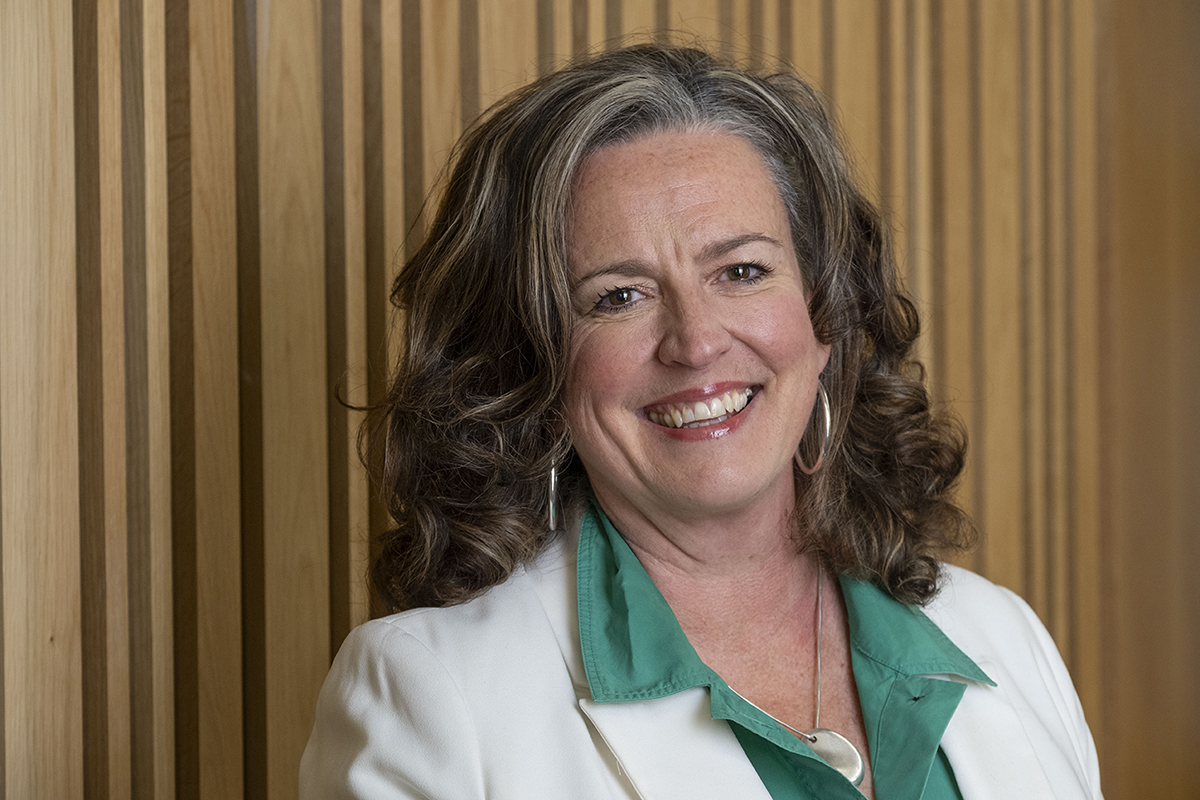20 December 2023

On leaving COP28 in Dubai I saw some words on a wall which really struck home: ‘Action Builds Hope’.
I felt it was a succinct way to encapsulate the work that the Chamber has recently done supporting members and championing Glasgow to shift from strategies to action. One of the key projects we have corralled our efforts towards is the City Council’s ambition to realise Glasgow’s net zero targets in becoming carbon neutral and ultimately a circular city, including its Green Investment Prospectus.
Alongside the excellent business programme curated by BritCham (BCC) Abu Dhabi and BBG Dubai, a core reason for engaging in COP28 direct this year was to broker and support discussions with major investment prospects to deliver projects within the Prospectus.
One of the most ambitious of these is the next SEC development phase which is aspiring to deliver the world’s first net zero event campus.
We believe Glasgow is the only city in the world which has taken the leap to look to future COPs as a means of securing relevant investment to progress its targets. A bold and intelligent move.
Much of the discussion from COP28 has been on a landmark deal to transition away from burning fossil fuels and governments’ primary attention is on the shift to renewables and energy efficiencies which is an absolutely critical element to deliver progress.
However Ellen MacArthur Foundation research, Completing The Picture: How the circular economy tackles climate change (2019), clearly demonstrates that this contributes to 55% of the solution and the remaining 45% of emissions are associated with how we use materials and make products.
The research states: ‘this transformation can be achieved by substantially increasing the use rates of assets, such as buildings and vehicles, and recycling the materials used to make them. This reduces the demand for virgin steel, aluminium, cement, and plastics, and the emissions associated with their production. In the food system, using regenerative production and designing out waste along the whole value chain serve to sequester carbon in the soil and avoid emissions related to uneaten food and unused by-products.’
There is a real opportunity for governments, academia and businesses alike to tackle this and even more so now with the recent reduction in targets by the UK Government. I believe that SMEs will be key to providing solutions and innovations and it has been really encouraging to see interest in this area last month by Innovate UK, who are seeking input from businesses regarding how they might be able to accelerate the adoption of new circular principles. A point which will be welcomed by our growing Circular Glasgow Network community.
There is also a growing potential for the UK Government to build on its COP26 legacy in Glasgow by supporting a cluster of activity outwith London. Earlier this year we launched Congress of Business (COB) with the BCC network, Scottish Government and University of Glasgow. It aims to scale and accelerate action of businesses and cities by harnessing our local, national and global business networks.
COB will now be part of Glasgow Climate Week on 14th May 2024 alongside All Energy, the UK’s largest low carbon energy conference.
Our work continues with broader COP26 legacy initiatives including My Climate Path which supports 100 Climate Heroes working across secondary schools as part of the Scottish Government funded Developing the Young Workforce Programme to inspire our future workforce.
We have also pioneered Step Up to Net Zero, funded by Glasgow City Council, helping 39 businesses with 40 paid placements. Independent feedback evidenced the pilot programme’s ‘unusually positive’ impact and now additional investment has been secured to support another 27 businesses in their transition to net zero.
This continued commitment is welcomed and there’s scope to scale this programme across the city and beyond given its ability to demonstrate impact and catalyse action.
Action does indeed build hope. And we certainly owe that to the next generation.
This article was first published in The Herald on Wednesday 20 December 2023
